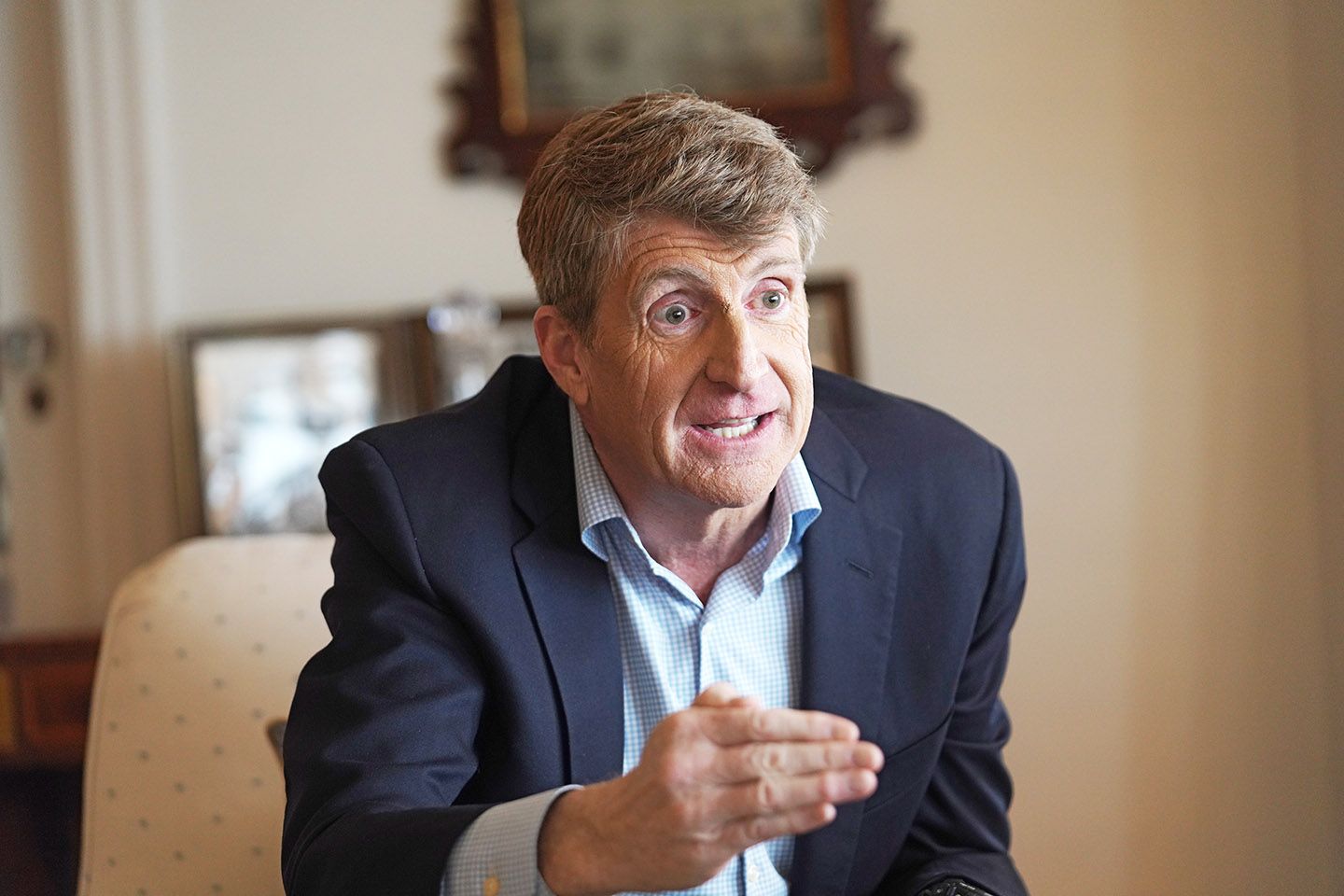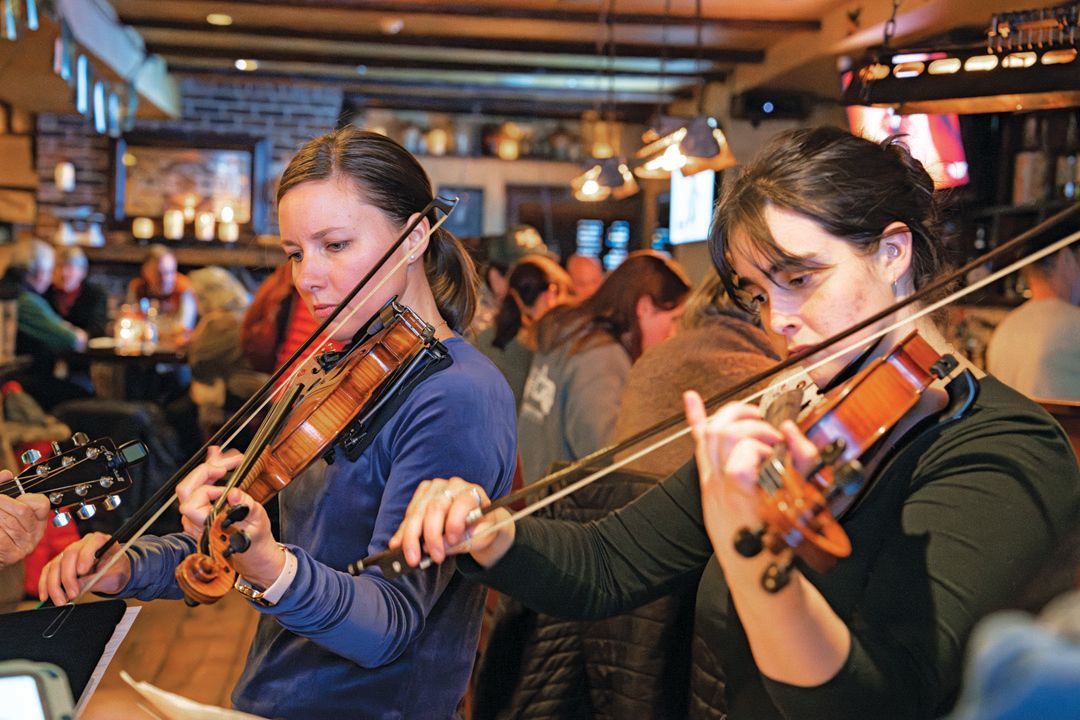A State of Mind
Understanding America's Mental
Health Crisis
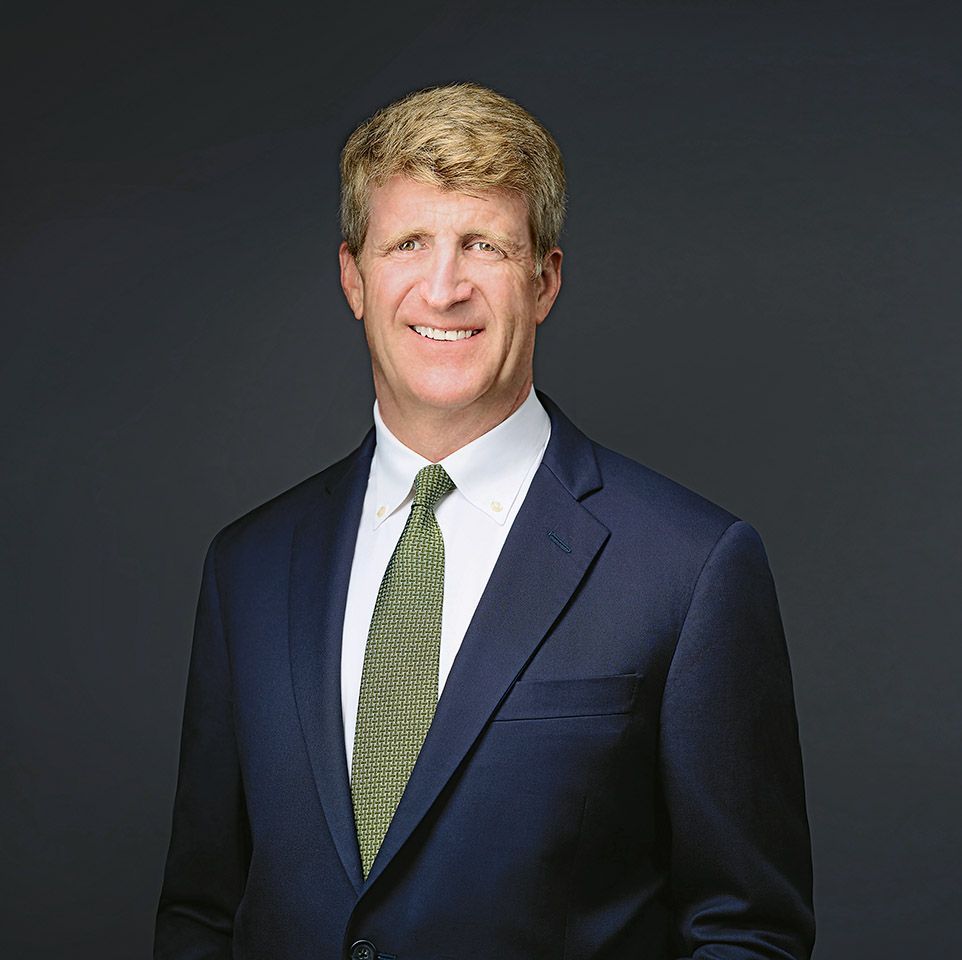
According to the National Institute of Mental Health, approximately one in five adults live with a mental illness in the United States. This statistic isn’t new to Patrick J. Kennedy, who was the lead author of the landmark Mental Health Parity and Addiction Equity Act during his time in Congress. Since then, his mission has been hyperfocused within mental health, continuing on to find The Kennedy Forum, as well as co-authoring New York Times
Bestseller A Common Struggle: A Personal Journey Through the Past and Future of Mental Illness and Addiction, among other initiatives. More recently, he published book Profiles in Mental Health Courage, along with Stephen Fried. N Magazine sits down with Kennedy to address the United States’ mental health crisis, possible solutions and more.
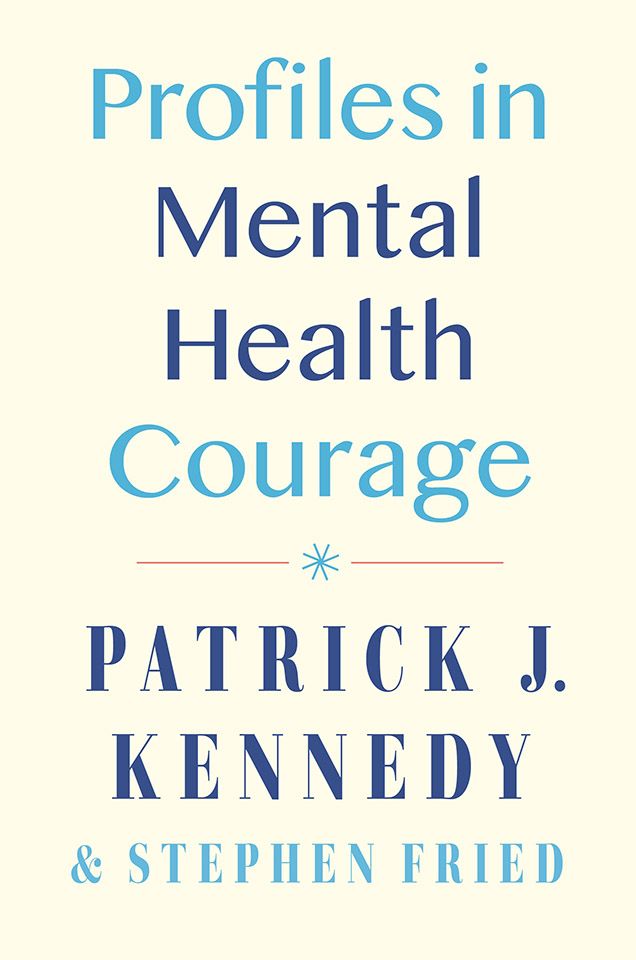
You've written one book on mental health issues. What was the impetus for this book?
After COVID, there was clearly a different receptivity to all subjects relating to mental health. There was a previous awareness that everyone came to feel that this wasn't just their problem; but this was everyone's issue, because of the trauma, the isolation, the worry about loved ones, and the fact that no one was doing anything like they used to. So there was a greater understanding.
What was the approach you took with this?
The book featured 12 profiles— people of different backgrounds, socio economic race, gender, and diagnoses. What I write in this book, which is
different from most narratives about mental health, is I include the family members, and the coworkers and the best friends and even the doctors. I needed to talk to mothers, fathers, brothers, your sister, wives and husbands. One in five may have some kind of mental health issue but it's really higher, because we're affected when one of our family members is affected. We think about the individual number of suicides, which is skyrocketing
more now than car accidents, but it’s the whole family who suffers.
Let's talk about COVID. Did It exacerbate the mental health problem or just expose it?
I believe that it is exposed something that was already there. These aren't new stories. In fact, they're very common stories that we've never reported on before. That's what people need to understand is that these issues have been going on forever. It's part of the human experience, the battles that people struggle with, not only with their illness, but getting help, getting the right help, getting the right support, are battles that every one (faces). (Not everyone) knows what getting mental health and addiction care means. Cancer, we know. We screen people early. We want to catch it at stage one. Mental health, not the case. We wait till it's stage four, because it has to be a crisis before we intervene. In mental health and
addiction, if you ask them, what is getting mental health care mean? Does it mean getting medication management? Yes. Does it mean talk therapy? Yes. Does it mean social supports? Yes. Do all of those things get offered together? No.
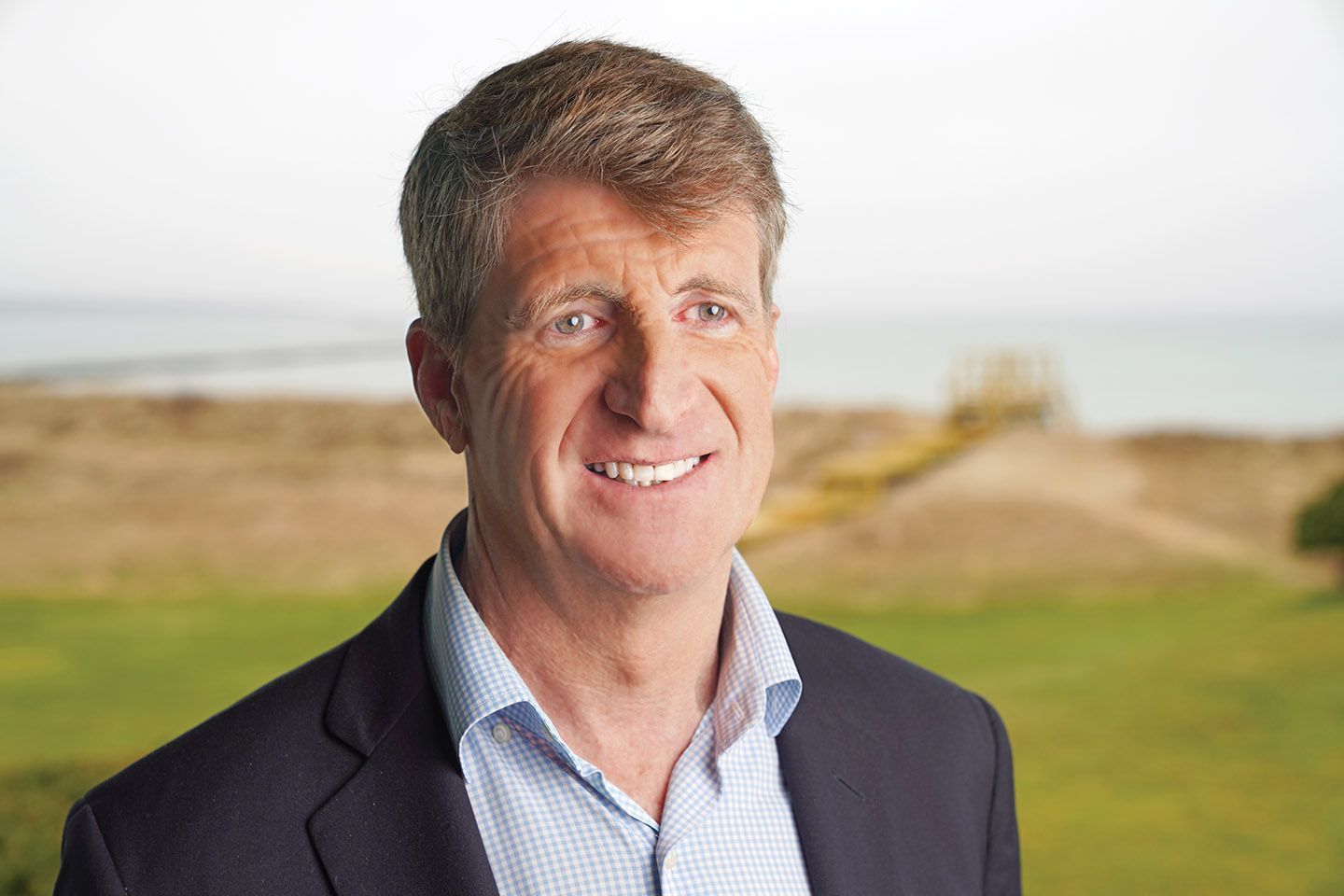
Does that lack of physical evidence diminish the sympathy for people who have mental health issues?
There's judgment, there's shame, everything that accompanies this illness, which isn’t the case with other illnesses. You make the decision not to
discuss it. Who do you know, as human beings, that would willingly put their job at risk every day? Put their safety at risk? Put their livelihoods, and their very life at risk, and jeopardize the relationship with their family members? No one gets up in the morning, says I'm going to piss off everybody I know. I'm going to try to lose my job, We want to be loved, respected, embraced.
If you grow up in a family of alcoholism, of mental illness, if your parent is in jail, if you live in poverty, if you witness violence, those factors are like
a biomarker. It's almost as good as taking your A1-C level, because the studies show a combination of these factors is not determinative, but there's a strong correlation. That's the kind of new way we look at it. It's not the blood test.
Nantucket has unique mental health issues. The fact that the winters are particularly isolating for individuals, they don't have social interaction. Do you see that as a factor in what is a very serious and probably disproportionate problem on Nantucket?
There's no doubt that in places like Alaska, Maine, Nantucket, there are higher incidence levels of suicide, of alcoholism, and we also know that there are a lot of other factors. The thing we're always looking for is the silver bullet. What either caused this and what can I do to solve this? When I wrote this book, it's clear from those 12 profiles, that there are no easy answers. We in our society do not like messy; we do not like complex; we want simplicity. And the thing that we have to come to realize is that things are messy, are complex. That doesn't mean we have to denigrate it. It's just the way it is.
Suicide in Nantucket has long been an issue. And one question that I’ve heard from parents who had lost a child is that they didn't see it
coming. They saw the depression, but they didn't see suicide coming. What part of suicide is preventable and how does that how does the
parent process it?
I do a profile in the book on my cousin Mark Murray, who lost his son Harry, who used to spend a lot of time on the Cape. He was 19 when he took his life. I talked to Mark, I talked to Harry's brother Belton. I talked to his college roommate. After Harry died, none of them had talked to each other.
And there was no conversation because there's so much shame and guilt.
They talked to me. They learned things that each of them had experienced with Harry that the other ones didn't know about. His college roommate talked about a car accident that his father didn't know about, talked about a head injury that his family didn't know about, talked about his change of personality and behavior. And then, you compare it.
Harry had increased religiosity at some point, that took Mark back a little bit. You can't say there was one determinative factor, but when you look back on it. In retrospect, you can start to see patterns. But one way to definitely reduce the overall number of suicides is there a lot of early indicators. They do self harm and end up in an ER, they take an overdose, it was clearly a suicide attempt or self harm. With those people, we can save their lives. When you look at the number of overdose deaths and suicides, those were not the first time they crossed the line and
entered the radar, but what was our response?
We never taught them the skills to mediate their intrusive thoughts. So when you point out that someone takes their life and it's so abrupt, no one can play the tape through, this is a condition of itself. The Green Berets have more mental health per Green Beret than any other branch of the
service. These guys are jumping out of planes, swimming underwater, hitting the beach and speaking six languages and are in their home reading to their kids by dinnertime. It's because they want to optimize their capacity. You cannot optimize your abilities in life if you have your brain telling you things that are not based in reality that are based upon fears that you can't acknowledge, you're just acting on.
Do you know what theeconomic cost is of mental illness? Has that number been calculated?
So the World Bank did a cost estimate of disability adjusted life years. And what was interesting about that, is it refocused us looking at this illness from a mortality point of view. These illnesses hit you when you're young, and they disable you throughout the life. So we don't see it as big a problem because it may not have the same death rates that other illnesses have, but the death rates are not the same, because you're also talking about disability, which no one factors into the calculus, but on the actual economic effect, we have not really seen the impact beyond the total cost of care, because we know undiagnosed addiction, anxiety, depression, really ratchets up the rates of death. If you have heart disease, you're four times more likely to have a heart attack and die. We know total cost of care, because 80% of our rhetoric in this country is chronic illness. I guarantee you have that of that 80%, mental health and addiction is underlying— exacerbating those costs.
How do we make Nantucket a healthier place to be from a mental health perspective?
There are, like anything, protective factors in people's lives—the social connection, the treatment of trauma, the acknowledgement of risk in someone's family history...there's a whole lot of things that could help us have better literacy. Even if you don't have cancer, you know what it entails. We in this world do not know what it entails. And even the government doesn't know what it needs to be doing. These are threefold illnesses, bio, medical, psychological and social. And we need the medicines and we need good therapy. There is a big difference between someone with an eating disorder, someone with complex grief, someone with addiction, someone with depression. Some people need more of one kind of type of medication or psychological therapy or social support. They don't need one size fits all. You can personalize mental health, which will give you much better outcomes. There's so much we can do.
Florida just banned social media for kids under 14. From bullying to the isolation caused by the computers and mobile devices to the lack
of people skills, it fosters changes how young people interact. How big a deal is this?
You put people in solitary confinement, they die. You isolate people, you've just created all kinds of problems, you can take the mentally healthiest person in the world, you isolate them, they're going to suffer, and they're going to have mental health problems. So that's real factor. My 15 year old has a phone that only has talk and text. And yes, I'm worried about the fact that she's going to miss out on some things that are on Snapchat, but I'm willing to make that trade off. Yes, social media on cell phones will limit their social connection. It's a struggle.
